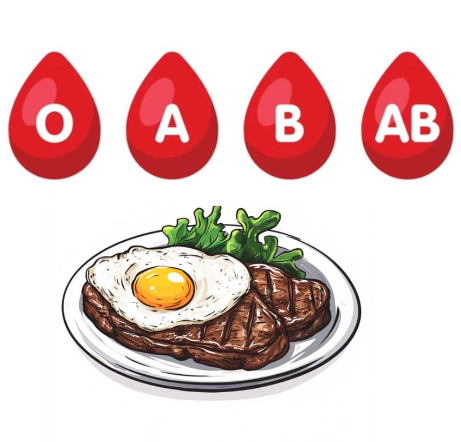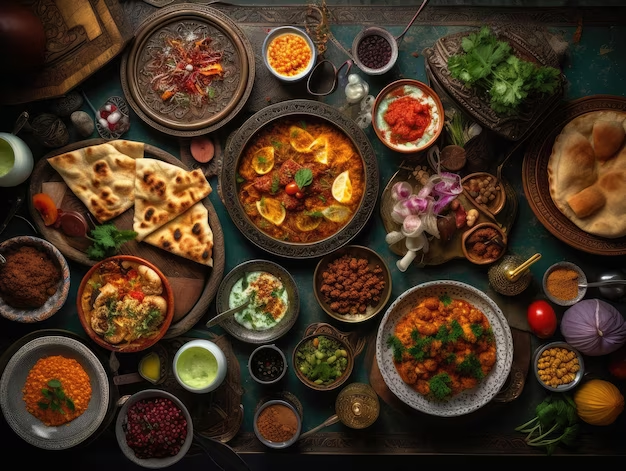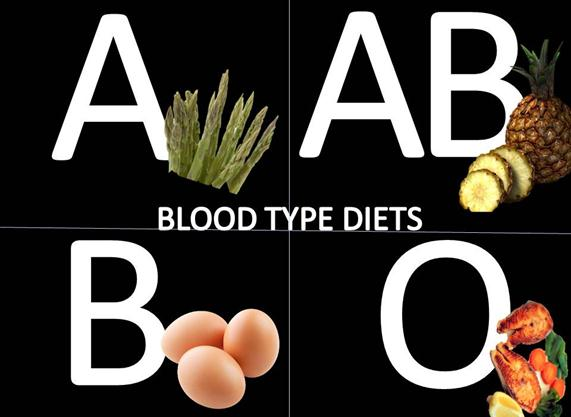Have you ever wondered if your blood type could determine the foods you should be eating? According to the Blood Type Diet, the answer is yes. This diet suggests that your blood type—whether A, B, AB, or O—can dictate the ideal foods for your body, potentially improving your digestion, metabolism, and overall health. But how much of this is rooted in science, and should you be making dietary changes based on your blood type?
In this article, we’ll explore the origins of the Blood Type Diet, the science behind it, and the specific recommendations for each blood type. Whether you’re curious or skeptical, let’s dive into the facts and controversies surrounding this unique approach to eating.

What Is the Blood Type Diet?
The Blood Type Diet is a nutritional plan developed by Dr. Peter J. D’Adamo, a naturopathic physician, in his 1996 book Eat Right 4 Your Type. The core idea is that your blood type influences how your body reacts to different foods. According to Dr. D’Adamo, by eating foods that align with your blood type, you can improve digestion, increase energy levels, and even reduce the risk of certain diseases.
The diet’s concept is based on evolutionary theories, suggesting that different blood types developed at various stages in human history and, as a result, have distinct dietary needs. But is there any scientific basis for these claims?
The Origins of the Blood Type Diet
Dr. D’Adamo’s Blood Type Diet builds on earlier observations by his father, Dr. James D’Adamo, who noticed that patients with different blood types responded differently to certain diets and treatments. Combining his father’s work with his own research, Dr. Peter D’Adamo theorized that the proteins in food, called lectins, interact differently with the antigens in each blood type, influencing digestion and health outcomes.
While this idea sounds plausible, it’s important to note that scientific validation for the Blood Type Diet remains limited. Despite its popularity, many medical professionals question its effectiveness due to a lack of conclusive research.
Understanding Blood Types and Their Dietary Recommendations
There are four primary blood types: A, B, AB, and O. Each type has unique antigens, which play a role in the immune system and, according to Dr. D’Adamo, influence how your body processes certain foods. Let’s break down the specific dietary recommendations for each blood type.
Blood Type A: Focus on a Plant-Based Diet
Those with blood type A are encouraged to follow a mostly vegetarian diet. Dr. D’Adamo believes that type A individuals have lower stomach acid, making it more difficult to digest animal proteins. A plant-based diet is thought to be easier on their digestive systems.
- Recommended Foods: Vegetables, fruits, tofu, seafood, grains, beans, and legumes.
- Foods to Avoid: Red meat, dairy products, kidney beans, and wheat-based products.
People with blood type A are also said to have a more sensitive immune system, which is why this diet focuses on natural, whole foods that are easier to process.
Blood Type B: A Balanced and Varied Diet

For blood type B, the diet is more balanced, allowing for a mix of plants and animal proteins. People with this blood type are believed to have a strong immune system and a flexible digestive system.
- Recommended Foods: Green vegetables, eggs, certain meats like lamb, goat, and low-fat dairy.
- Foods to Avoid: Chicken, corn, wheat, lentils, peanuts, and tomatoes.
Blood type B individuals are thought to thrive on variety, and their diet focuses on enhancing metabolic function and gut health.
Blood Type AB: A Combination Diet
As the rarest blood type, AB individuals have a mix of both A and B antigens. Their dietary recommendations are a hybrid of the guidelines for blood types A and B.
- Recommended Foods: Tofu, seafood, dairy, green vegetables, quinoa, and brown rice.
- Foods to Avoid: Chicken, corn, buckwheat, and kidney beans.
This diet is designed to support the unique digestive and immune characteristics associated with having both A and B antigens.
Blood Type O: A High-Protein, Ancestral Diet

Type O is considered the “ancestral” blood type, with roots in early hunter-gatherer societies. Dr. D’Adamo recommends a high-protein diet for individuals with type O, focusing on animal proteins and avoiding grains and legumes.
- Recommended Foods: Meat (especially lean meats like beef and lamb), fish, vegetables, and fruits.
- Foods to Avoid: Grains, legumes, dairy products, and certain fruits like melons and oranges.
This diet aligns with the theory that type O individuals have higher stomach acid levels, which makes them better equipped to digest animal proteins.
Does Science Support the Blood Type Diet?
While the Blood Type Diet has gained a loyal following, the scientific community remains divided. Critics argue that there is a lack of strong evidence linking blood type to dietary needs. Some studies have attempted to explore the relationship between blood types and certain health conditions, but none have conclusively supported the idea that blood type dictates specific dietary requirements.
The concept of lectins interacting differently with blood types is intriguing but remains largely theoretical. Medical professionals emphasize the importance of a balanced diet based on individual health conditions and nutritional needs rather than blood type.
Potential Benefits of Following the Blood Type Diet

Although the science behind the Blood Type Diet is debated, some individuals report feeling healthier and more energized after following the guidelines. Here are a few potential benefits:
- Improved digestion: The diet emphasizes whole, unprocessed foods, which can naturally aid digestion and reduce bloating.
- Weight management: For some, following a structured diet helps control portion sizes and food choices, potentially leading to weight loss.
- Increased awareness of food choices: Even if the Blood Type Diet’s claims aren’t scientifically proven, it encourages people to pay closer attention to the foods they consume, which can lead to healthier habits overall.
Criticisms and Controversies
The main criticism of the Blood Type Diet is its lack of robust scientific support. Many nutritionists argue that individual dietary needs are more complex than what can be determined by blood type alone. Additionally, some experts warn that the diet may be too restrictive, cutting out entire food groups without sufficient reason.

Conclusion: Is the Blood Type Diet Worth Trying?
While the Blood Type Diet presents an interesting concept, its scientific validity remains questionable. If you’re curious about the diet, it’s essential to approach it with caution and consult with a healthcare professional before making any drastic changes to your eating habits. Ultimately, a balanced diet that suits your unique health needs—rather than your blood type—might be a more reliable path to long-term well-being.


